- Overview
- Causes, Risks & Prevention
- Symptoms & Types
- Tests & Diagnosis
- Your Cancer Care Team
- Treatment & Side Effects
- Treatment Support
- Living With
- Remission & Recurrence
- Support & Resources
- Appointment Prep
- View Full Guide
What You Can Do to Prevent Cancer and Why It Works


Ditch the Smokes
Every puff of tobacco is packed with 250 harmful chemicals. Nearly 70 of them cause cancer. And it's more than just lung cancer. Cigarettes are linked to 12 other kinds, including stomach, bladder, kidney, mouth, and throat. The sooner you stop, the better. Ask your doctor for advice on quit-smoking methods.
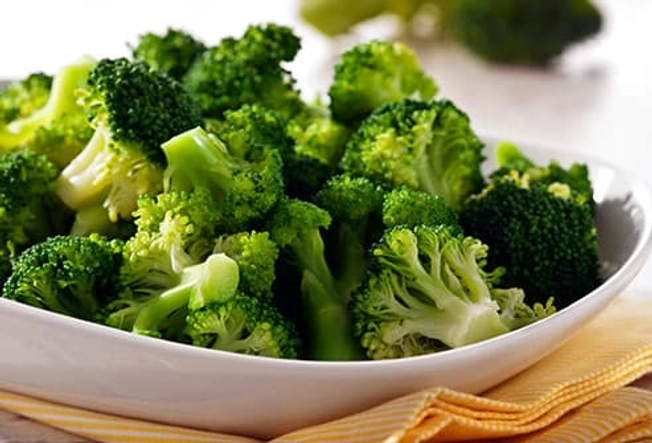
Eat More Broccoli
Fruits and veggies pack an anti-cancer punch because they're high in nutrients and fiber, and low in fat. Try broccoli, Brussels sprouts, cabbage, kale, watercress, or other cruciferous vegetables. They protect against DNA damage that can turn cells cancerous. Or eat colorful berries. Studies show they have cancer-fighting chemicals that ward off damage to cells.
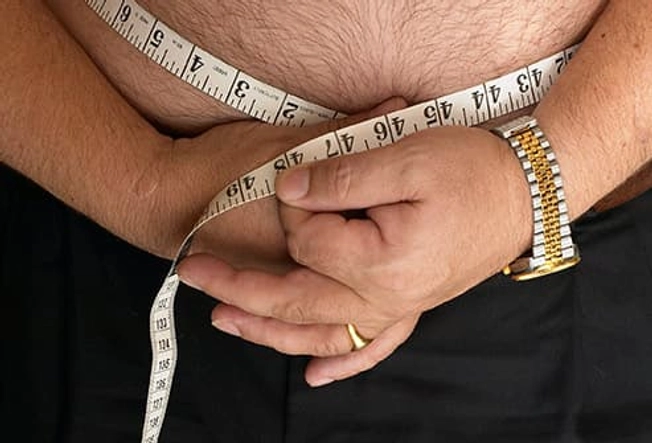
Trim a Few Pounds
Extra weight around your middle could add up to a greater chance of having cancer, especially of the breast, colon, uterus, pancreas, esophagus, and gallbladder. Researchers say one reason may be that fat cells release substances that encourage cancer cells to grow.

Go Easy on Alcohol
Tip back too many martinis each day, and your odds of cancer go up. Alcohol is linked to cancers of the mouth, breast, liver, esophagus, and others. The more you drink, the higher your risk. If you drink, do it in moderation. Women should stick to one drink a day, men up to two.

Cut Back on Hot Dogs
Think twice before you throw some on the grill. Studies show that processed meats, like hot dogs, bacon, and sausage, have chemicals called nitrites and nitrates that may be linked to cancer. And research suggests too much red meat like steak and burgers could be a long-term risk for colorectal cancer. Choose safer alternatives for your backyard cookout, like chicken breast or fish.

Get Off the Couch
Do you spend too much time lounging around? Cancer prevention is one more reason to get moving. Exercise fights obesity and lowers levels of hormones like estrogen and insulin, which have been linked to cancer. Aim for 30 minutes of aerobic exercise -- the kind that gets your heart pumping -- on most days of the week.

Put on Sunscreen
Baking in the sun might give you a healthy-looking glow, but under the surface, UV rays cause skin damage that could lead to cancer. Because you can burn in just 15 minutes, rub on sunscreen before you go outside. Pick a broad-spectrum product with an SPF of 30 or higher. Reapply whenever you sweat or swim. And when you're out in the sun, wear a wide-brimmed hat and wraparound sunglasses.
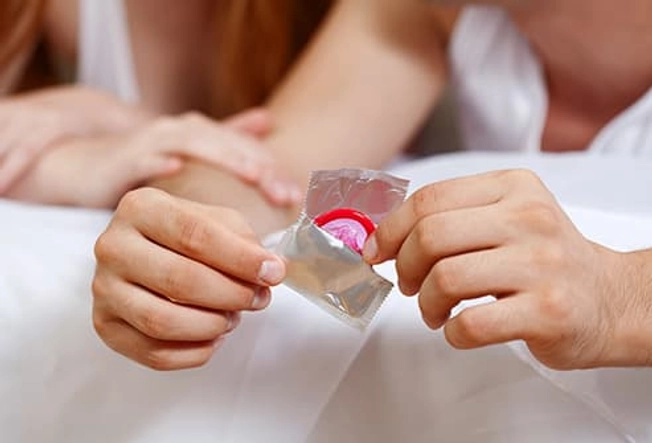
Practice Safer Sex
Sexually transmitted diseases (STDs) aren't your only worry during unprotected sex. Some of these infections also increase your odds of having cancer. About 70% of cervical cancers start with human papillomavirus (HPV) types 16 and 18. Some types of hepatitis can cause liver cancer. To stay safe, use a latex condom every time you have sex.
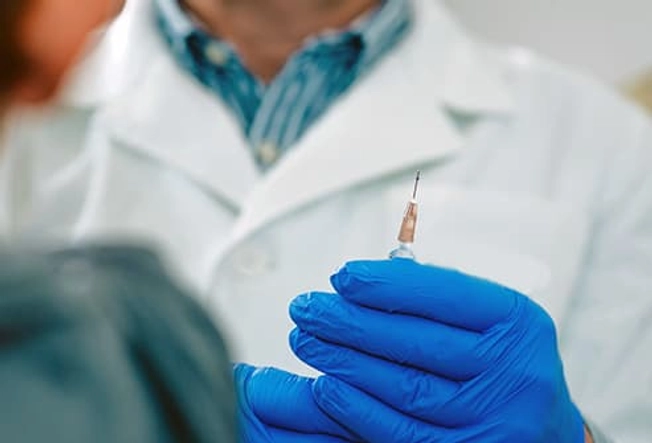
Get Vaccinated
When it comes to vaccines, think beyond your annual flu shot. Some can protect against cancer, too. Certain HPV vaccines prevent cancers of the cervix, vulva, vagina, and anus. The time to get vaccinated is between ages 9 and 26. The hepatitis B vaccine wards off the virus that causes liver cancer. It's part of the childhood vaccination schedule.

Avoid Toxic Chemicals
Chemicals called carcinogens damage DNA in your cells and raise your chance of having cancer if you touch, eat, or breathe them in. Asbestos, radon, and benzene are a few that some people come into contact with at work or home. Chemicals in weedkillers, plastics, and some home products may also be risky. You can't avoid every chemical, but know which ones are in products you use and switch to safer options if you can.

Know Your Family History
You inherited more than your mother's eyes or your father's grin. They may also have shared their chances for having diseases like cancer. Some genes that parents pass down to their kids have flaws. They don't repair damaged DNA the way they should, which lets cells turn into cancer. Learn about your family's medical history and ask your doctor if a genetic test is a good idea for you.
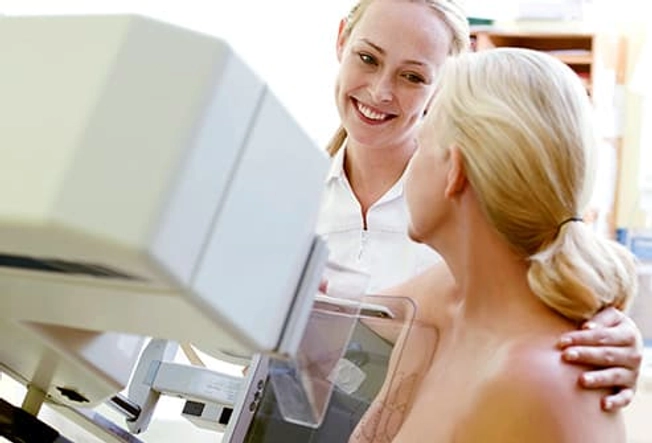
Stay Up to Date With Screenings
Screening tests catch cancer early -- sometimes even before it starts. A colonoscopy often finds polyps in the colon and rectum before they turn into cancer. The Pap test locates pre-cancerous and cancerous cells in a woman's cervix. Mammograms and low-dose computed tomography (LDCT) look for early breast and lung cancers. Ask your doctor when to start getting these tests, and how often you need them.

Take Meds if You Need Them
Some drugs lower your odds of getting certain cancers. Tamoxifen (Nolvadex, Soltamox) and raloxifene (Evista) can reduce breast cancer risk but may have serious side effects. Aspirin may protect against colorectal and prostate cancers. Be wary, though, of supplements that promise to keep you cancer-free. Many haven't been proven, and some have side effects.

Be Cautious About Hormone Therapy
It can ease menopause symptoms like hot flashes and fatigue, and protect your bones. But hormone therapy may raise your chances of breast cancer and make cancer harder to detect. Ask your doctor about your risks before you try this treatment.